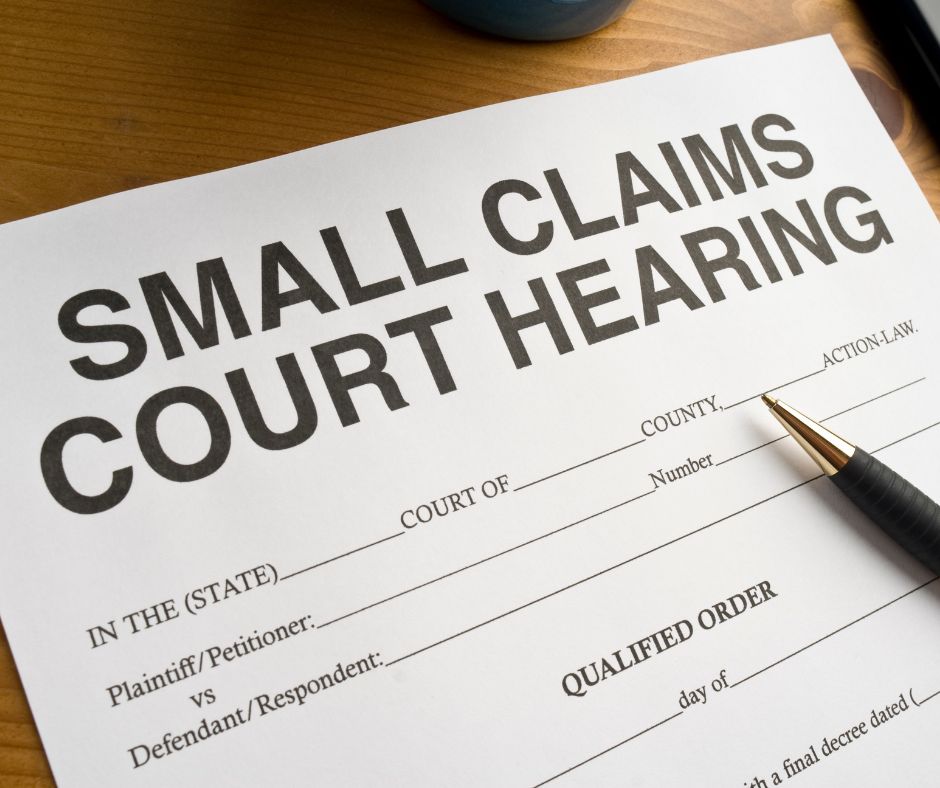What Kind of Papers Does a Process Server Serve?
Introduction:
In the legal system, the delivery of legal documents to individuals involved in a legal proceeding is a critical step in ensuring due process and maintaining the integrity of the justice system. Process servers play a crucial role in this process, serving as impartial messengers who deliver these legal papers to the intended recipients. In this article, we will explore the various types of papers that process servers commonly serve and their significance in legal proceedings.

Summonses and Complaints:
Summonses and complaints are perhaps the most common types of legal documents served by process servers. When a lawsuit is initiated, the plaintiff, or their legal representative, files a complaint with the court outlining the nature of their claim. The court then issues a summons, which is served by a process server to notify the defendant of the lawsuit and their obligation to respond within a specified timeframe.
Subpoenas:
Process servers are often tasked with delivering subpoenas, which are court-ordered demands for an individual to appear in court or provide specific documents or evidence relevant to a legal case. Subpoenas can be issued to witnesses, potential jurors, or even third parties who possess relevant information. Process servers ensure that these subpoenas are properly delivered, enabling the legal system to gather necessary evidence and testimony.
Writs and Orders:
Process servers may also be responsible for serving various types of writs and court orders. These documents are issued by judges to enforce legal decisions and maintain the rule of law. Examples include writs of execution, which authorize the seizure of assets to satisfy a judgment, and restraining orders, which restrict a person’s actions or movements for the protection of another party involved in a legal dispute.
Divorce Papers:
In divorce cases, process servers are often involved in serving divorce papers, such as petitions, summonses, and other relevant documents. These papers inform the respondent of the divorce proceedings and their legal rights and responsibilities. Process servers ensure that the serving of divorce papers is done according to the specific requirements of the jurisdiction, guaranteeing that all parties are duly informed and given an opportunity to respond.
Child Custody and Support Documents:
Process servers may also be involved in serving child custody and support documents. These papers inform individuals of court decisions regarding the custody of children and the financial obligations associated with child support. Proper service ensures that all parties are aware of their legal obligations and can take appropriate actions in accordance with the court’s ruling.
Small Claims Papers:
Process servers often serve small claims papers, which are legal documents related to disputes involving small amounts of money. Small claims courts provide a simplified and expedited process for resolving these types of disputes. Process servers ensure that the defendants receive the necessary papers, such as the complaint and summons, notifying them of the legal action and their obligation to appear in court. By serving small claims papers, process servers facilitate the efficient resolution of minor civil disputes.
Eviction Notices:
In landlord-tenant disputes, process servers are frequently involved in serving eviction notices. These notices inform tenants of the landlord’s intent to terminate the tenancy and seek possession of the property. Process servers deliver eviction notices in accordance with the local laws and regulations governing the eviction process. By serving these notices, process servers ensure that tenants are properly informed of impending legal actions, allowing them to respond or vacate the premises within the specified timeframe.
Conclusion:
Process servers fulfill a crucial role in the legal system by delivering a wide range of legal documents to individuals involved in legal proceedings. From summonses and complaints to subpoenas, writs, divorce papers, child custody and support documents, small claims papers, and eviction notices, process servers ensure that all parties receive the necessary paperwork in a timely and accurate manner. By effectively serving these documents, process servers contribute to the integrity and efficiency of the legal process, ensuring that due process is upheld and facilitating the resolution of disputes. Their role is essential in maintaining transparency, fairness, and the proper functioning of the justice system.
.

Best Private Investigators in Sacramento
Best Private Investigators in Sacramento Finding the right private investigator in Sacramento matters. Whether you are dealing with a family issue, a legal case, or

Become a Process Server California: Your Guide to Starting a Career
Embarking on a career as a process server in California holds the promise of an interesting and essential role within the legal system. In my

Become a Process Server in California: Your Step-by-Step Guide
How to Become a Process Server in California Becoming a process server in California is a great way to work in the legal field without

California Process Servers License: How to Obtain Certification
Obtaining a license as a process server in California reflects a commitment to both legal protocol and ethical conduct within the field of law. I

Process Server Training California: Your Path to Professional Certification
As a professional in the legal field, my experience has shown that the role of a process server is vital. Serving legal documents is an

Process Server Certification California: Your Guide to Becoming a Legal Courier
Becoming a certified process server in California is an important step for those looking to serve legal documents professionally. This role is essential within the
